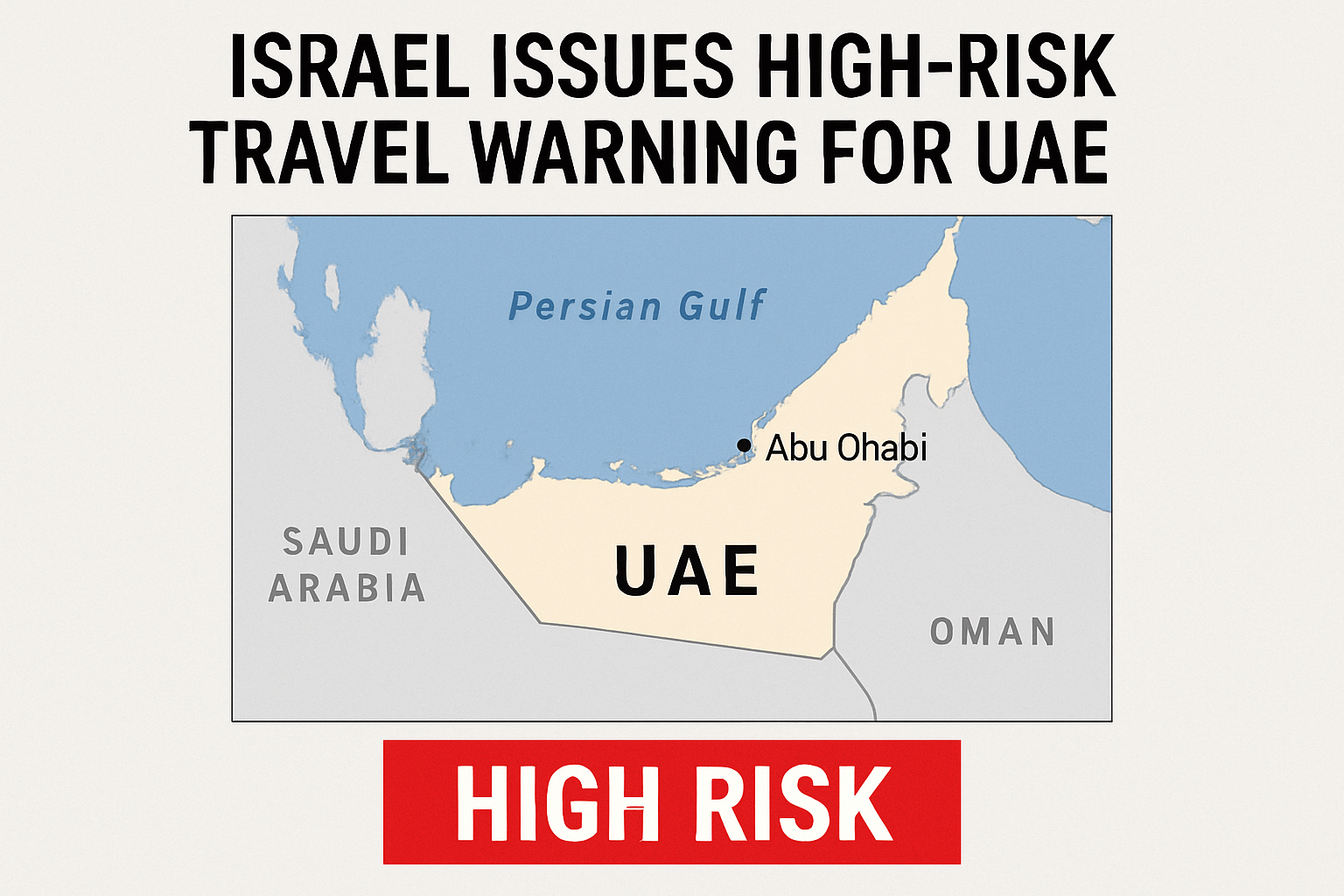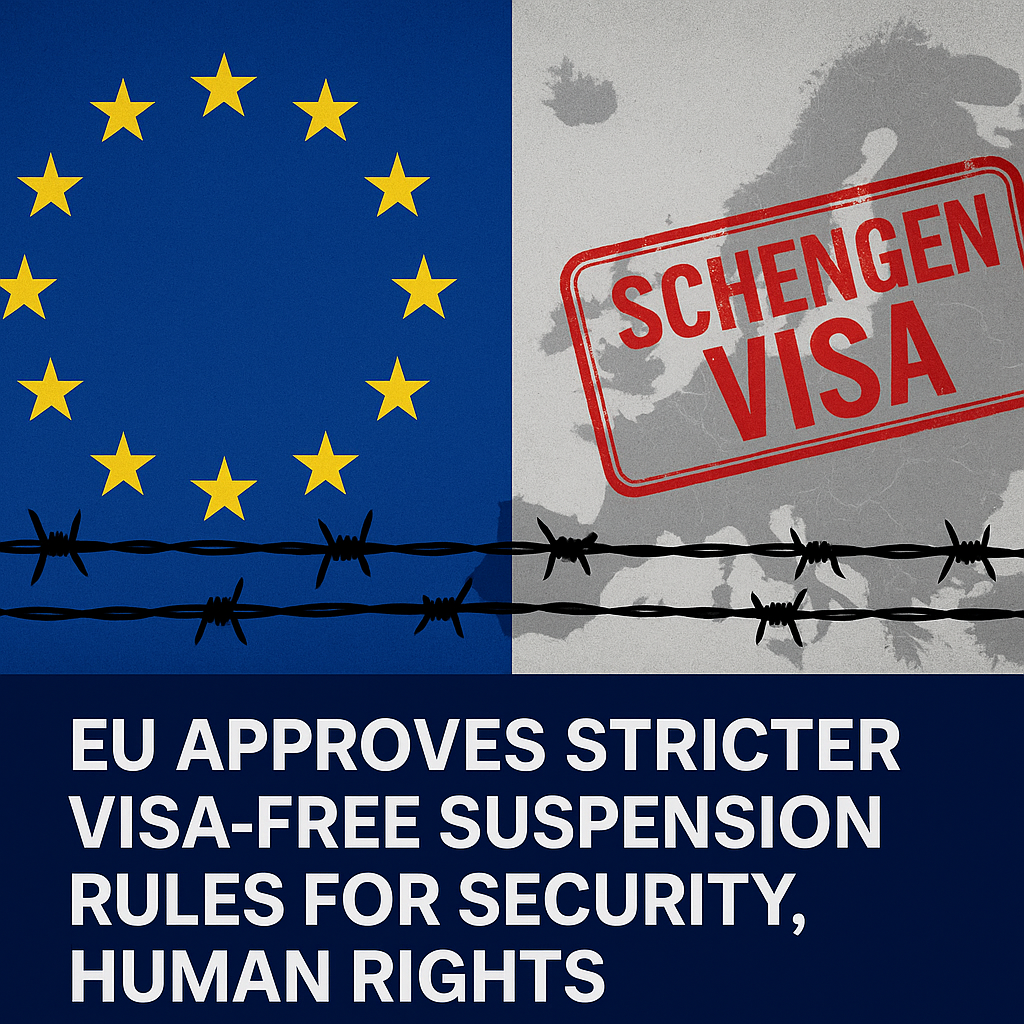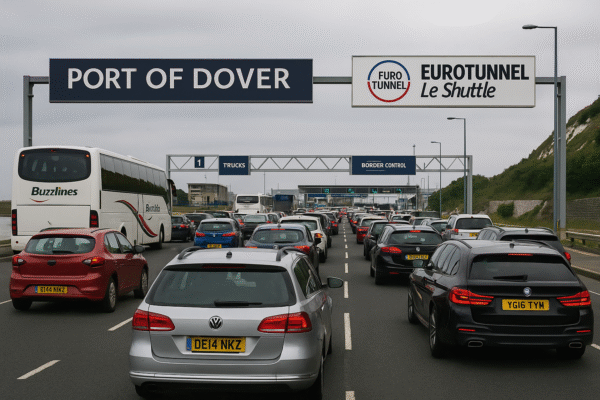In a landmark development for European travel and security policy, the European Parliament and European Council have agreed on sweeping reforms to the EU’s visa-free regime. The new regulations, announced in June 2025, grant the European Union enhanced powers to suspend visa-free travel arrangements with third countries under specific circumstances, particularly where serious security risks or human rights concerns arise.
This overhaul targets the current list of 61 third countries whose citizens enjoy visa-free short stays within the 27-nation Schengen Area. While preserving mobility for legitimate travelers, the reformed policy gives the EU sharper tools to deter misuse, combat irregular migration, and respond to violations of international law.
New Grounds for Visa-Free Suspension: Security and Rights in Focus
Previously, the EU’s 2013 mechanism for suspending visa waivers was triggered primarily by sharp increases in asylum applications, overstays, and entry refusals. However, the new legislation goes further, establishing clearer thresholds and incorporating contemporary geopolitical risks.
Under the revised policy:
- A 30% rise in asylum claims, overstays, or entry denials—compared to previous periods—will now automatically trigger a review.
- A 20% asylum recognition rate threshold has been introduced; countries with consistently low recognition rates may face scrutiny for potential abuse of the system.
- Serious criminal offenses, including organized crime activities linked to visa-exempt travelers, will factor into the EU’s decision to impose suspensions.
In addition, the EU can now act when countries are found to:
- Violate the UN Charter
- Ignore rulings from international courts
- Breach international human rights obligations
These criteria align EU visa policy with its broader commitments to the rule of law and global stability.
Targeting Hybrid Threats and Citizenship-for-Investment Schemes
The updated rules reflect rising concerns about hybrid threats and so-called “instrumentalized migration,” where governments use irregular migrant flows to exert political pressure on the EU. Such practices, notably alleged in previous border crises, are now recognized as sufficient grounds for suspending visa-free travel.
Equally significant is the inclusion of measures to counter “golden passport” schemes—programs that sell citizenship in exchange for investment. The EU has long viewed such arrangements as a security loophole, potentially enabling criminal or sanctioned individuals to exploit visa-free access to the Schengen Area. Under the new framework, third countries offering investor citizenship schemes deemed incompatible with EU standards may face visa suspension.
Compliance with EU Visa Policy Becomes Mandatory
Third countries unwilling to align with the EU’s visa reciprocity principles also risk losing visa-free privileges. Nations acting as transit hubs for undocumented migrants or refusing to repatriate nationals overstaying their EU stay may now face automatic review.
By embedding visa policy into its broader external action framework, the EU seeks to ensure that visa-free travel is not only a privilege but also a mechanism of accountability.
Extended Suspension Period and Individual Accountability
The new law increases the initial suspension period from 9 months to 12 months, with an option for a 24-month extension—totaling up to 3 years if concerns persist. This longer timeline allows for more thorough diplomatic engagement, giving third countries an opportunity to remedy the issues.
Crucially, the EU now has the legal basis to apply targeted sanctions against government officials responsible for the violations leading to the suspension. This feature introduces direct accountability and avoids blanket penalties on entire populations where possible.
During a joint press briefing, Matjaž Nemec, rapporteur of the European Parliament on visa suspension, stated:
“These reforms strike a necessary balance between openness and responsibility. We are safeguarding the EU’s values and ensuring our visa policy supports human rights, international law, and the security of our borders.”
Implications for Third Countries and International Diplomacy
This policy shift sends a clear message: countries that benefit from visa-free access to the EU must maintain standards aligned with international norms. Whether it’s handling asylum claims responsibly, refraining from weaponizing migration, or complying with court judgments, the EU now holds stronger enforcement tools.
For example, countries that saw surges in unsubstantiated asylum claims or failed to control outbound irregular migration may now come under heightened scrutiny. The reforms are widely viewed as a response to previous strains with certain Balkan and African nations and reflect the EU’s growing resolve to protect its borders and values amid shifting global alliances.
Additionally, this development sets a precedent for using visa policy as a diplomatic tool. Just as sanctions are used in foreign policy, visa suspensions may now be applied more flexibly and preemptively in response to evolving threats.
Next Steps and Legislative Timeline
While the agreement between the European Parliament and Council is considered final in terms of content, it must still pass formal ratification procedures in both bodies. Once approved, the European Commission will have the authority to activate the new suspension mechanism and publish country-specific alerts.
The Commission will also continue to monitor trends across visa-exempt countries and coordinate with EU member states, Frontex, and Europol to assess real-time threats related to migration and transnational crime.
What This Means for Travelers
Travelers from currently visa-exempt countries should not expect immediate changes unless their country is under review. However, governments of those nations will now be expected to engage more proactively with EU officials to avoid triggering suspension mechanisms.
The European Travel Information and Authorization System (ETIAS), which is expected to be fully operational by 2025, will also enhance oversight of visa-free travelers, offering another tool for pre-screening and real-time risk analysis.
Conclusion
The EU’s latest move to tighten control over visa-free travel reflects its evolving approach to external border security and international cooperation. With clearer thresholds, broader grounds for action, and longer suspension timelines, the new framework aims to protect the integrity of the Schengen Area while upholding the EU’s fundamental principles.
By tying visa access to adherence to international norms and shared responsibility in migration control, the EU is sending a strong signal: the privilege of visa-free travel must be matched by trust, accountability, and partnership.
For more travel news like this, keep reading Global Travel Wire





















